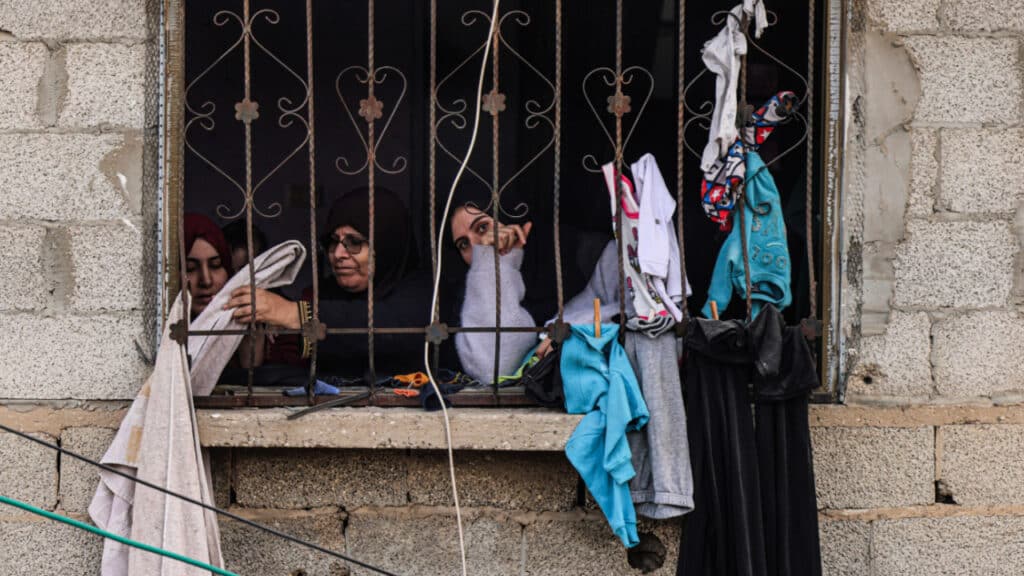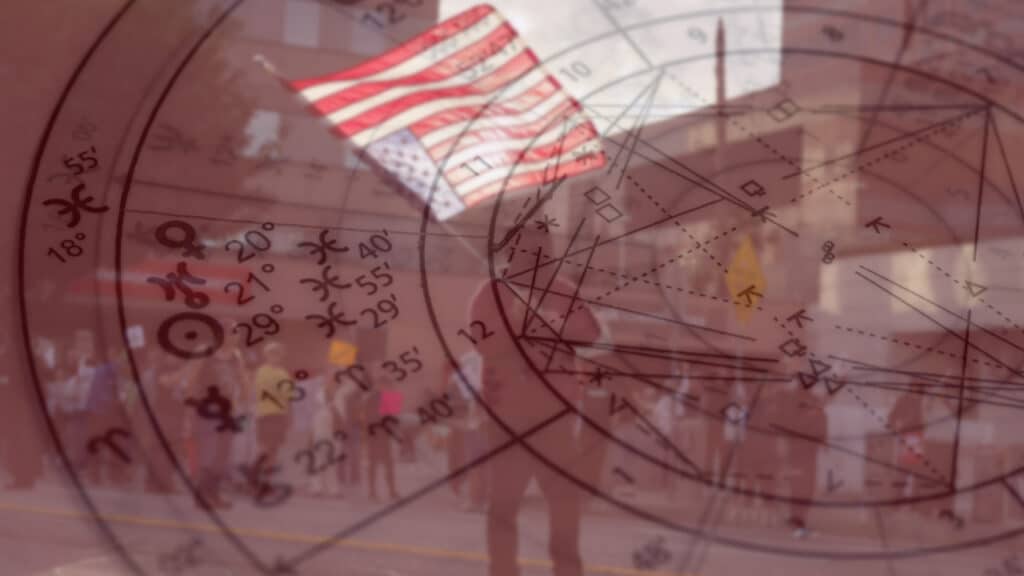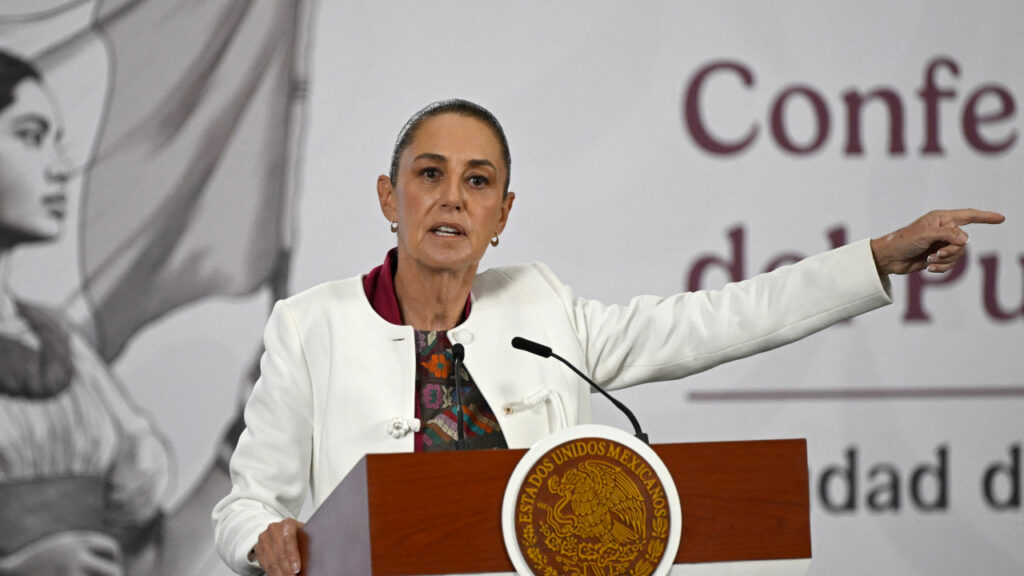
Menstruating Women in Gaza Grapple with Hygiene Crisis. Here’s How You Can Help
It’s no secret that the Israeli invasion of Gaza is an unimaginable humanitarian tragedy. To date, at least 20,000 Palestinians have been killed, and at least 1.8 million people have been displaced since Israel began its military operations.
According to official figures, about 70% of the deaths have been women and children.
For them, it has been “ten weeks of hell,” as the UN Children’s Fund (UNICEF) described.
As the bombardment wipes out entire generations, the survivors suffer from a lack of food, water, shelter, and sanitation. All while covering their heads from the constant airstrikes.
“Every single child is enduring ten weeks of hell, and not one of them can escape,” UNICEF spokesperson James Elder told journalists in Geneva upon his return from the enclave.
The ordeal of women and girls in Gaza
According to the latest reports, menstruating women and girls in Gaza face “humiliating conditions and infections.” In most cases, they are forced to wear diapers or scraps of cloth after more than two months of war.
“I cut up my kid’s clothes or any piece of cloth I find, and I use them like sanitary towels for my period,” 25-year-old Hala Ataya told New Straits Times in the southern city of Rafah, where many have fled.
“I barely shower every two weeks,” she added.
Like so many other border regions, the streets of Rafah are worthy of a post-apocalyptic scenario, where hygienic conditions are non-existent.
“We’ve gone back to the Stone Age. There’s no security, no food, no water, no hygiene. I’m ashamed, I feel humiliated,” said Samar Shalhoub, 18, who was displaced from Gaza.
For its part, ActionAid said access to water for washing is minimal. Some shelters have only one shower for every 700 people and one toilet for every 150.
“There’s absolutely nothing, no privacy, no soap to keep themselves clean, no menstrual supplies,” the NGO said.
Birth control pills as a desperate remedy
As Doctors Without Borders explained, requests for birth control pills have quadrupled in the region. This is a desperate way for women to try to control their periods.
Palestinian women have been taking norethisterone pills, generally prescribed for severe conditions such as menstrual bleeding and endometriosis, to block menstruation.
According to Dr. Walid Abu Hatab, a medical consultant in obstetrics and gynecology at the Nasser Medical Complex in the southern city of Khan Younis, the pills keep levels of the hormone progesterone high to prevent the uterus from shedding its lining, thus delaying menstruation.
Despite the risks of side effects, women say they have no choice.
As Salma Khaled, a 41-year-old woman, told Al Jazeera, the impact of the war on women’s bodies is immeasurable. “I have suffered from period twice this month, including irregular and heavy bleeding,” she said.
“I asked my daughter to go to the pharmacy and buy pills that delay menstruation,” Khaled says. “Perhaps this war will end soon, and I will not need to use them more than once.”
How can we help women in Gaza?
In the face of this horrifying scenario, we can still do something. Organizations like ActionAid work around the clock to bring humanitarian aid to women in conflict zones. In Gaza, they do this through period kits, hospital funds, and campaign and support groups.
Another organization working in Gaza is Women For Women. This organization provides strategic support to local Women’s Rights Organizations in the West Bank.
Similarly, those who want to help women in Gaza can donate to UN Women, a United Nations branch that offers financial support to women’s organizations to address emergency needs.
For example, $25 a month can help a woman receive essential supplies. Twice that amount helps with food for one family, and $60 can provide access to clean water and food for several families.
Last but not least, organizations like Anera have been providing psychological help to women in Gaza for years. And right now, it’s more crucial than ever.




